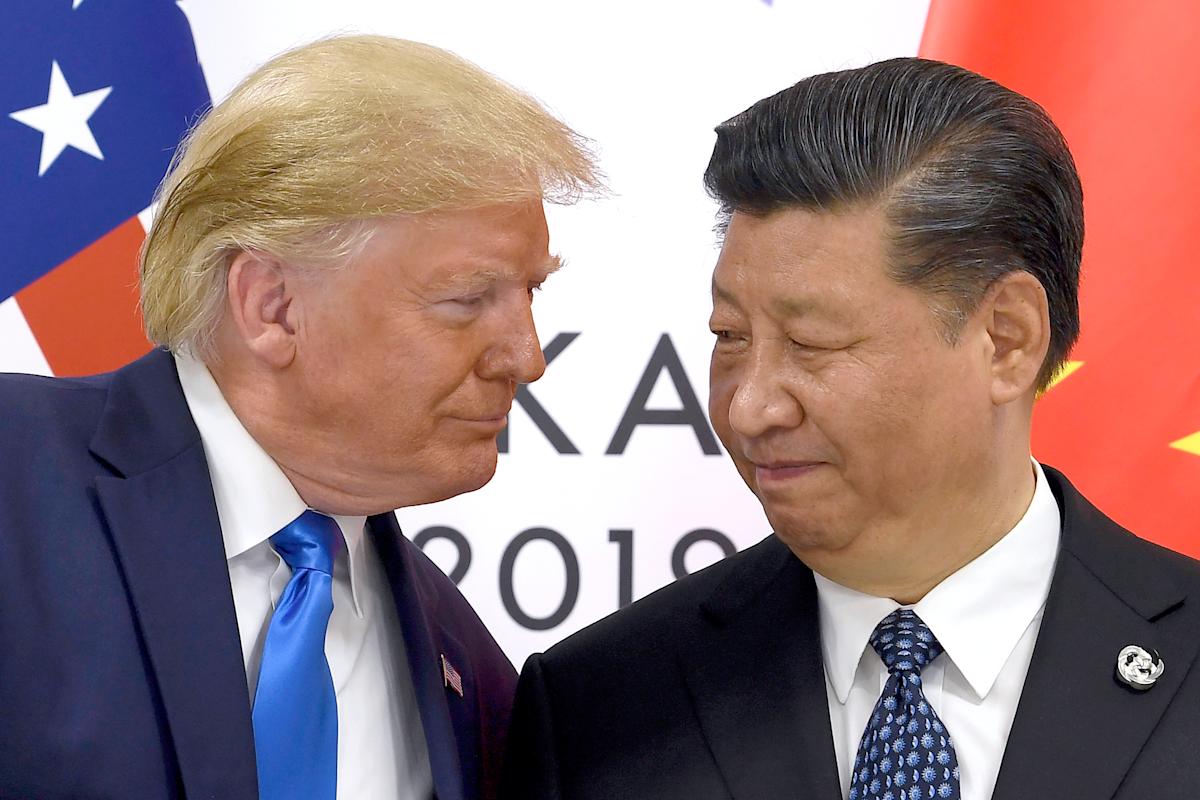President Trump floated a list of demands for China, citing rare earths, fentanyl, and soybeans as his top issues to address with Beijing at the negotiating table and before the fragile tariff and trade truce between the world’s largest economies expires.
“I don’t want them to play the rare earth game with us,” Trump said on Air Force One on Sunday.
Last week, Trump said threatened high tariffs on Chinese goods were “not sustainable,” easing fears of further trade escalation between the countries and helping boost stocks. Treasury Secretary Scott Bessent has said the countries will hold talks later this week, and Trump and Chinese President Xi Jinping are scheduled to meet later this month.
The US and China have seen their fragile trade relationship wobble further in recent weeks, with Trump confirming last week that the countries are in a trade war.
China accused the US last week of causing “panic” over Beijing’s export controls on rare earth materials, according to a report in China’s state newspaper, the Global Times.
Trump said the US would impose an additional 100% tariff on Chinese goods starting on Nov. 1 over Beijing’s plan to impose new export controls on rare earth minerals.
In what could end up being a cudgel in his administration’s negotiations with China, Trump and Australian Prime Minister Anthony Albanese on Monday signed a deal that the White House said would help supply the US with the critical minerals.
Read more: What Trump’s tariffs mean for the economy and your wallet
The US budget deficit declined for the 2025 fiscal year, due in part to a surge in tariff revenues. The deficit fell 2% for the fiscal year to $1.78 trillion, down from $1.82 trillion in 2024.
The White House is ready to ease tariffs on the US auto industry, delivering a major win for carmakers who have lobbied to reduce the fallout from higher import duties. The Commerce Department is set to announce a five-year extension that allows automakers to reduce what they pay in tariffs on imported car parts.
Americans are set to pay more than half of President Trump’s tariffs as companies raise prices, according to Goldman Sachs.
Early next month, the US Supreme Court is set to hear a challenge to Trump’s most sweeping tariffs — the “reciprocal” country-by-country duties that you can see in the graphic above. A ruling against the tariffs — which would be in line with lower-court decisions — could have significant ramifications for Trump’s tariff strategy.
New duties on kitchen cabinets and vanities took effect Oct. 1.
Tariffs on timber and certain wood products (like furniture) took effect Oct. 14.
LIVE 56 updates

